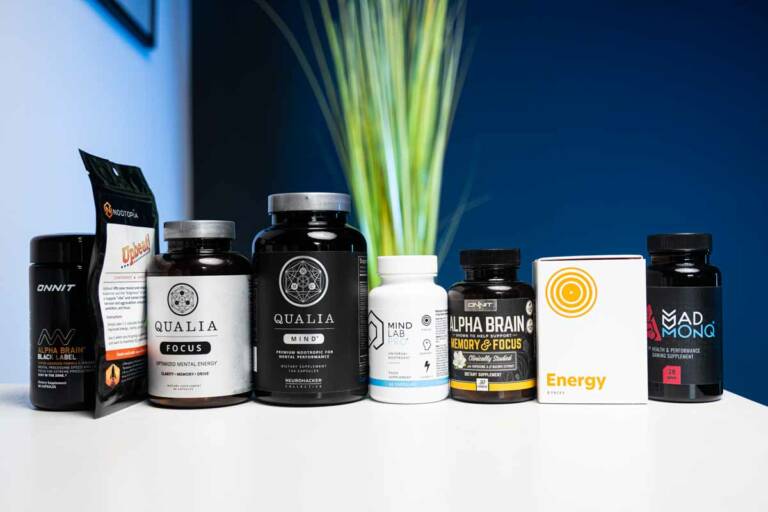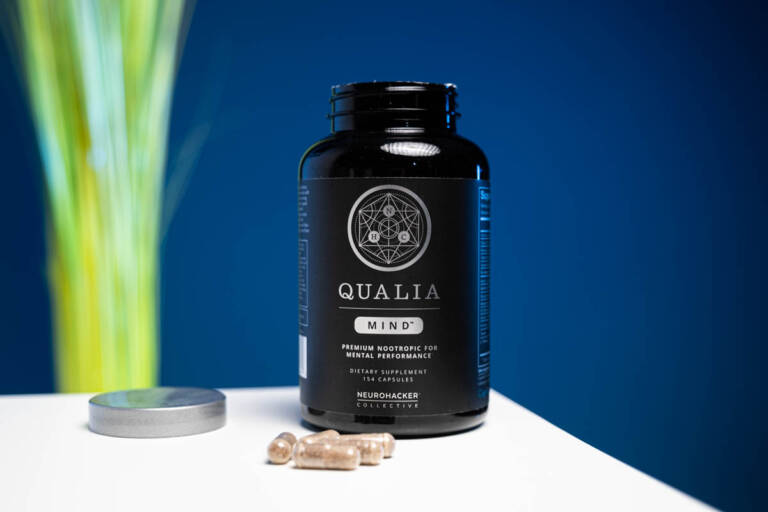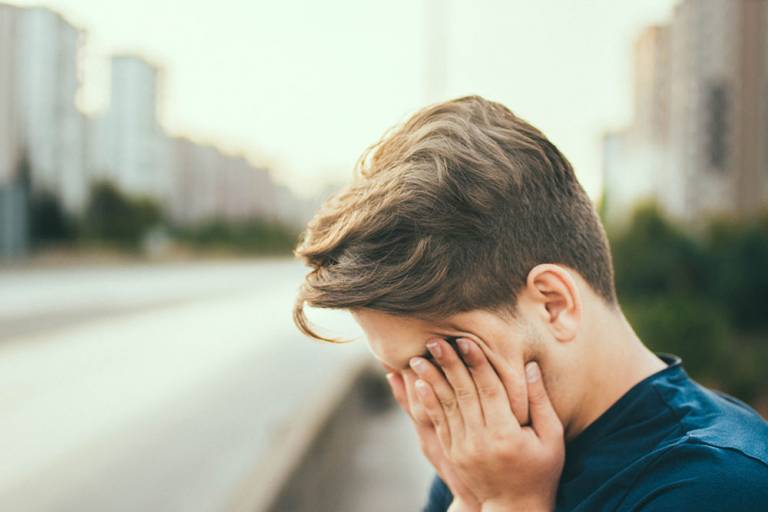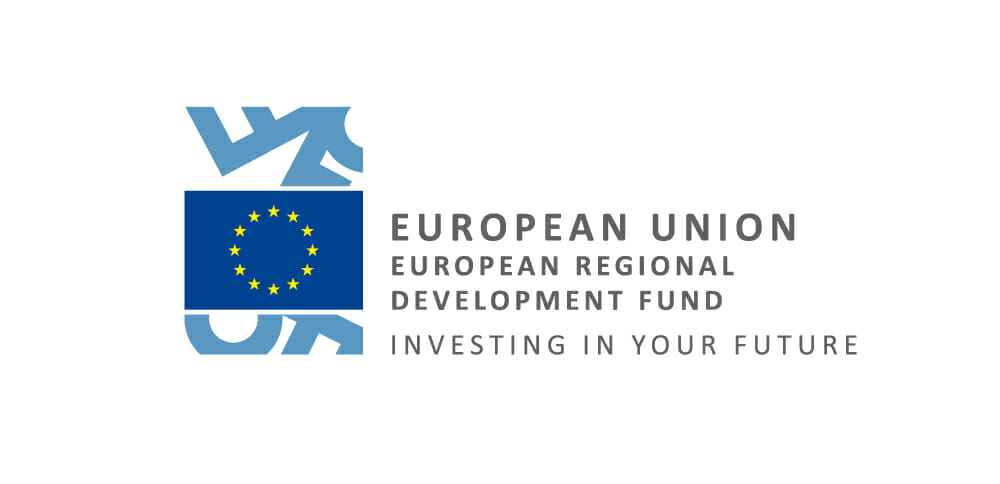I have been drinking coffee since my early 20s. And I love coffee – its taste, smell, and the joyful feeling that it gives. My recent decision to quit coffee was a challenging one because I didn’t want to. However, after being an avid coffee drinker for so many years, I wanted to see what happens when I stop drinking coffee.
Quitting Caffeine
If the idea of quitting caffeine rings alarm bells in your brain, then you should consider stopping it too. You don’t want to depend on your cup of coffee, but rather enjoy it when you want.
I first thought about quitting coffee when I couldn’t get a cup of coffee on a busy morning. I became anxious and angry, which made me ask questions about my relationship with this psychoactive drug.
After all, caffeine is a stimulant and a drug. [1]
When this feeling repeated a couple of times, I knew I had to react. So I made a plan, searched for alternatives, and before I knew it, it was my first caffeine-free day.
My 2-Week Experiment
I made a 2-week caffeine-free plan. Instead of drinking my morning cup of coffee, I decided to drink various teas instead.
On the first day, I was so excited to do this experiment, that I didn’t even think about what’s waiting for me. I felt joyful, motivated, and energized as if I would drink a cup of coffee.
The second day was a bit harder because my yesterday’s motivation was gone.
But I got hit hard on the third day. That was the first day I got the withdrawal symptoms. I felt anxious, unmotivated, tired, and I crave coffee. “Just one cup”, I said to myself. “And then I’ll be good again.”
Since I wasn’t aware of my caffeine addiction, I was surprised that it hit me so hard.
The next days were challenging. My mood and energy levels were changing, and I was constantly thinking about coffee. I couldn’t imagine living my whole life without coffee.
But after about 5-6 days, my withdrawal symptoms were gone. My energy returned, my mood was stable, and I started feeling joyful again.
After about a week without coffee, the new me came to life. I felt cheerful like never before. I had no ups and downs, no side effects of coffee, and I stopped missing coffee.
I got used to drinking a cup of tea in the morning. Even though I never liked drinking teas, a cup of tea never felt so delicious. Occasionally, I even drank a cup of green tea. Keep in mind that green tea contains a little bit of caffeine!
The second caffeine-free week was fabulous. My caffeine consumption was cut down to zero and I loved it.
I don’t remember when was the last time I had so much energy.
Quitting Caffeine Changed My Life
After my 2-week experiment, I went back to coffee. I drank a cup, but it tasted more bitter. I got a strong energy boost, but I also felt very anxious. I didn’t like the effects, so I stopped again.
Since then, I occasionally drank coffee, but I stopped drinking it every day. My life without caffeine is so much better that I will never go back to coffee.
Give up coffee and enjoy limitless energy, joy, and well-being.






4 thoughts on “How Quitting Coffee Changed My Life: My 2-Week Experiment”
I am just trying to be sure if I got it correctly. You’re saying that you’re caffeine-free and drink tea?
“ Coffee, the biggest source of caffeine, also happens to be one of the biggest sources of antioxidants in the Western diet, and consuming it has been associated with various health benefits.
The second largest source of caffeine worldwide is tea, which tends to provide a moderate amount of caffeine, depending on the type.”
Healthline https://www.healthline.com/nutrition/stimulants-in-tea
Thanks for your comment. I wasn’t drinking coffee, but I was drinking herbal teas (and once, I had a cup of green tea). Green tea has a bit of caffeine, but herbal teas have none :) Coffee is a source of antioxidants, but it is also a stimulant and a psychoactive drug that causes a whole lot of side effects. What’s the biggest problem is that it contains so many toxins due to how it’s produced so I’m really not sure if anyone should ever drink it. But it would a great debate to have with a health expert – if I get any more useful data, I’ll definitely share it :)
Caffeine also depletes your adrenals, due to how it affects the chronic release of cortisol, adrenaline and noradrenaline among others.
Many people actually get burnt out and ‘adrenally fatigued’ from caffeine. That’s why caffeine can ironically lead to brain fog and poor productivity in the long-term.
Good job on quitting caffeine, Greg!
Greetings from Croatia
Yes, you’re right! :) Thanks, Valentino!